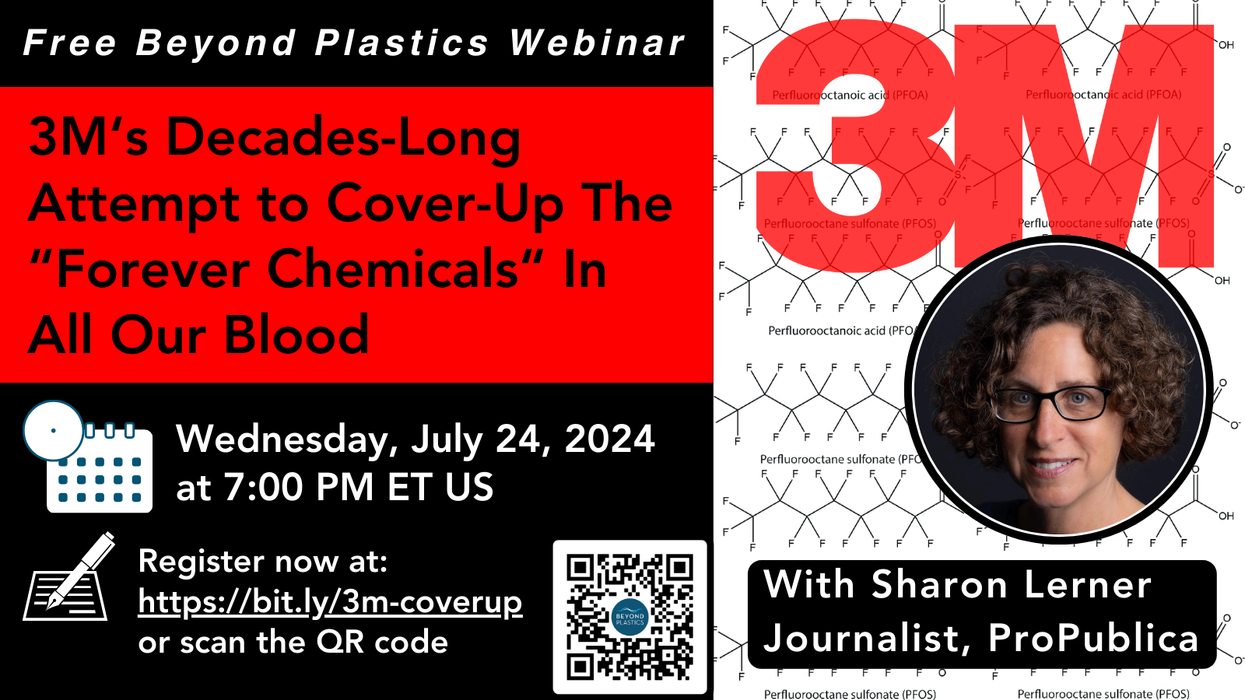The European Society of Endocrinology (ESE) - a community of over 20,000 endocrinologists from across Europe - issued a statement in Nature Reviews Endocrinology highlighting endocrine disrupting chemicals as a major threat to human health.
In short:
- The society has named endocrine disrupting chemicals as one of their four key advocacy and policy areas, alongside obesity, cancers, and rare diseases.
- The ESE also noted that EDCs pose a significant amount of harm to fetuses, infants and children due to their ability to disrupt neurological and reproductive development.
Key quote:
“Continuous efforts in identifying and evaluating EDCs are imperative to enhance public health not only within the EU but also on a global scale.”
Why this matters:
Of the roughly 100,000 synthetic chemicals available on the market, 70% have never been tested for their effects on human health. While promising chemical regulations like the EU Chemicals Strategy for Sustainability have been stalled and delayed, another 2,000 new chemicals are introduced every year. The ESE stresses the importance of recognizing EDCs’ role in human health at the regulatory, political, and public levels as the first step towards reducing the number of deaths and illnesses caused by these hazardous chemicals.
Related EHN coverage:
- The chemical industry may have killed a landmark EU chemical policy. Here’s what that means for the US.
- Plastics' hidden cost to health and economy revealed
More resources:
- European Society of Endocrinology: Endocrine Disrupting Chemicals resources
- Endocrine Society (U.S.): Endocrine Disrupting Chemicals resources
Reincke, Martin et al. for Nature Reviews Endocrinology. Feb. 22, 2024
- What are endocrine-disrupting chemicals? ›
- 22 endocrinologists on what products they use in their homes ›
- What are endocrine disrupting chemicals? - EHN ›


















